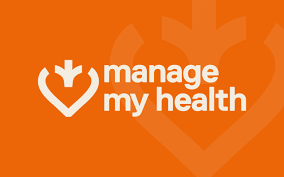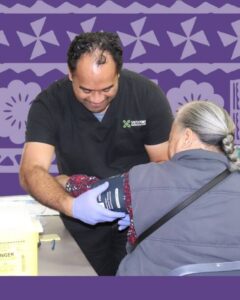Drowning is a leading cause of unintentional injury-related deaths in New Zealand, particularly for children under the age of five. It’s a silent and quick danger, often occurring when adults lose focus for just a moment. This makes it essential to supervise children around water at all times. A little foresight can go a long way in ensuring your summer stays worry-free. Here’s how you can make the most of the season while keeping yourself and your loved ones safe.
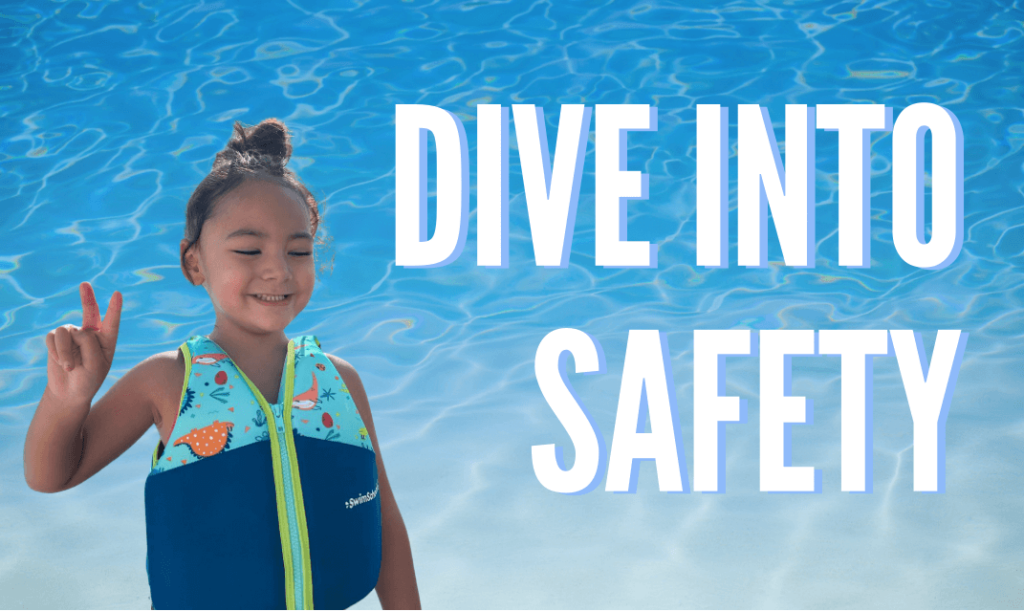
Supervise Constantly
Drowning is a leading cause of unintentional injury-related deaths, especially for children under 5 years old. It’s quick, silent, and often happens when adults lose focus, even for a few moments. Assign a “water watcher” at all times, and never rely solely on lifeguards.
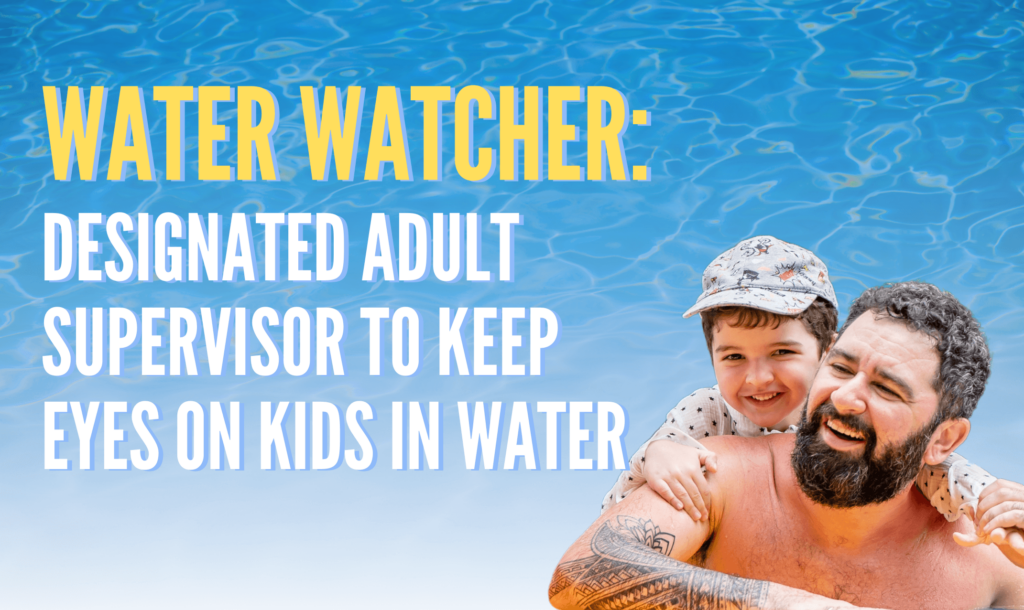
Swimming Skills
Did you know that over 50% of drowning victims in NZ were not trained for basic swimming? Learning to swim significantly reduces risks and boosts confidence. Swimming lessons tailored to a persons age and abilities are a critical safety tool that can last a lifetime. It’s never too late to start learning.
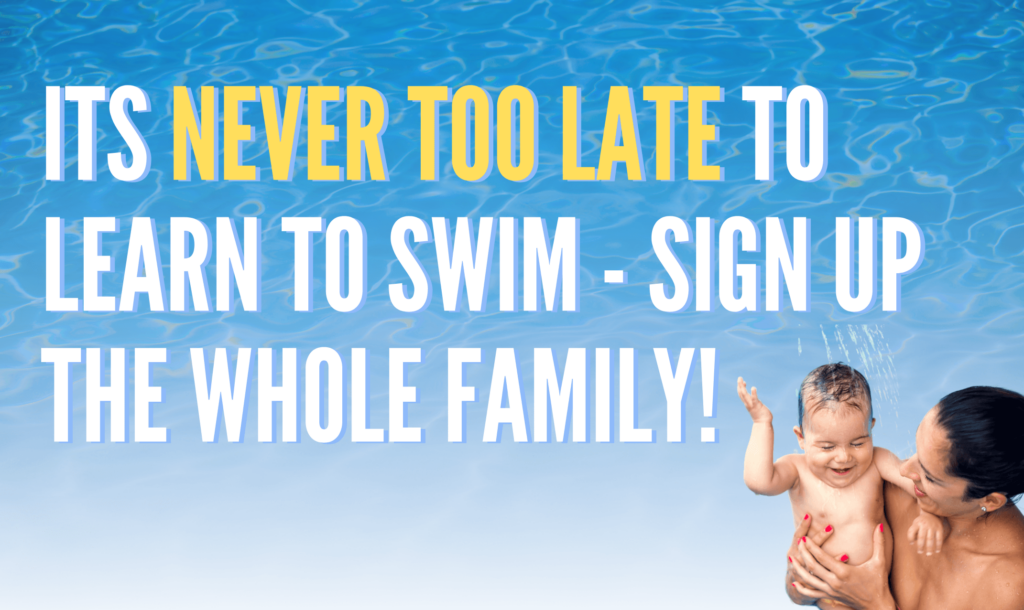
Use Life Jackets
Always ensure life jackets are in good condition, as damaged ones may not provide the necessary protection. By wearing a life jacket, you significantly increase your chances of surviving in challenging conditions, whether you’re boating, kayaking, or simply enjoying time at the beach.
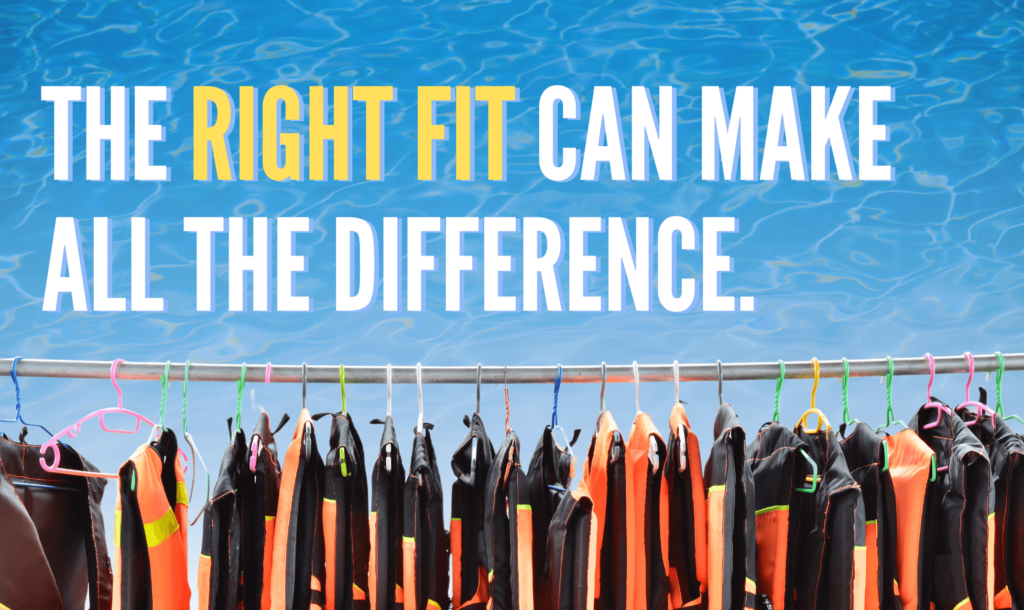
Beware of Currents
Rip currents account for 80% of beach rescues in NZ. These strong, fast-moving currents can be difficult to spot, but understanding how to recognise and react to them is vital. If caught, stay calm, relax, save your energy by floating, and signal for help.
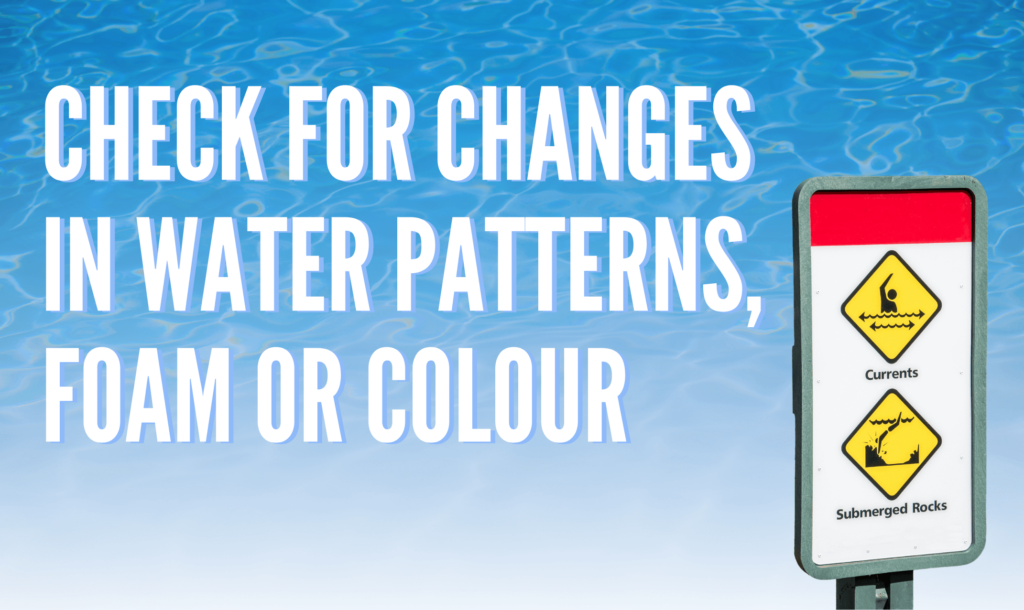
Enter Slowly
Cold water shock or diving injuries can happen instantly. Taking your time to enter allows your body time to adjust and helps you assess the safety of the area, ensuring that the area is clear of obstacles and hazards before diving or swimming.
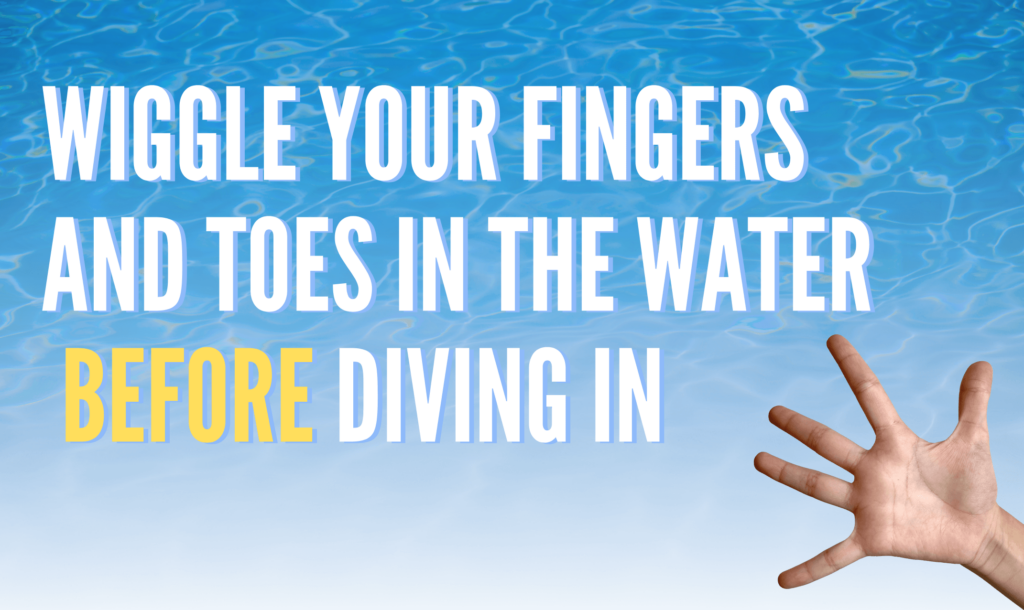
Establish Boundaries
Set clear rules about swimming zones and depth limits for kids. Teach your kids to swim between the flags if you’re at a beach.
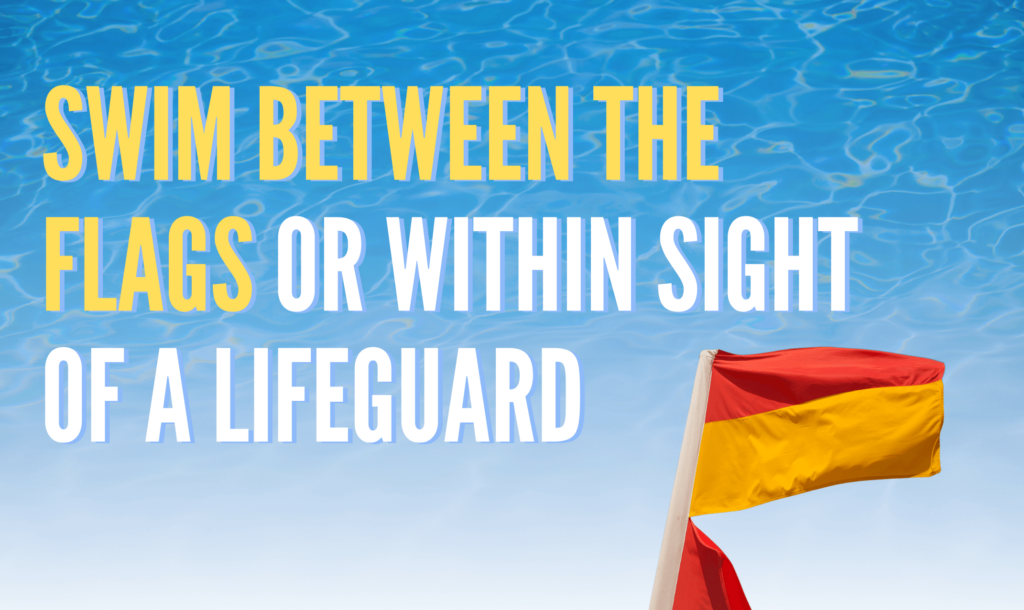
Hydrate and Rest
Swimming in the heat dehydrates and tires the body faster than you think. Take breaks every hour and keep plenty of water on hand. If you’re feeling fatigue, have a rest before jumping into the water.
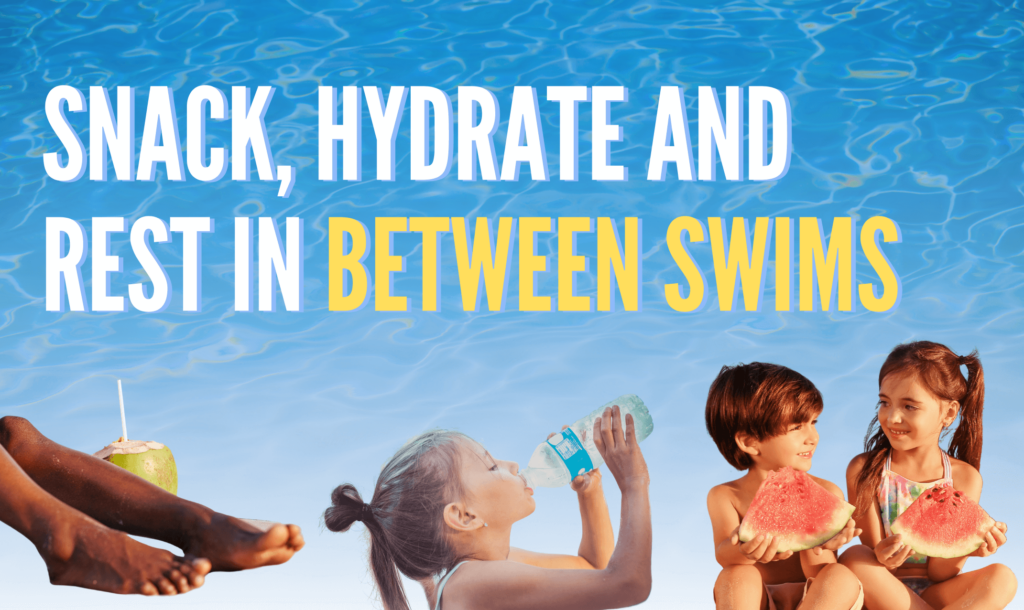
Learn CPR
In a critical moment, knowing CPR can save a life. Knowing CPR can be a lifesaver in the event of a drowning emergency. In New Zealand, many organisations offer CPR courses, both in-person and online, to help you learn this essential life-saving skill. Read more about resuscitation here.
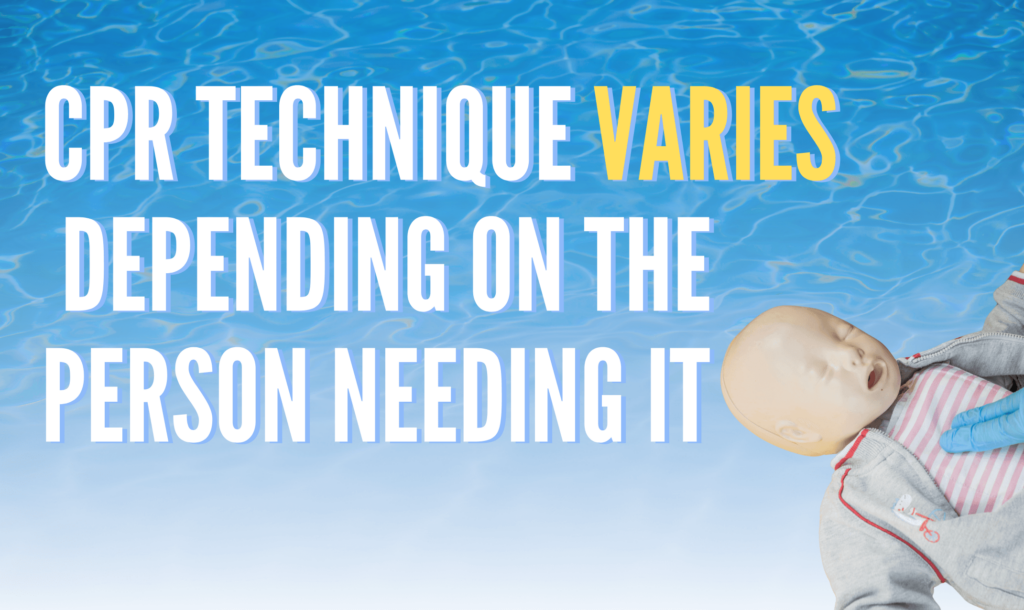
Avoid Alcohol
Alcohol is a factor in nearly 70% of recreational water-related fatalities. Consuming alcohol impairs judgment and reflexes, which can lead to accidents. Always avoid drinking alcohol before or during water activities, such as swimming, boating, or fishing.
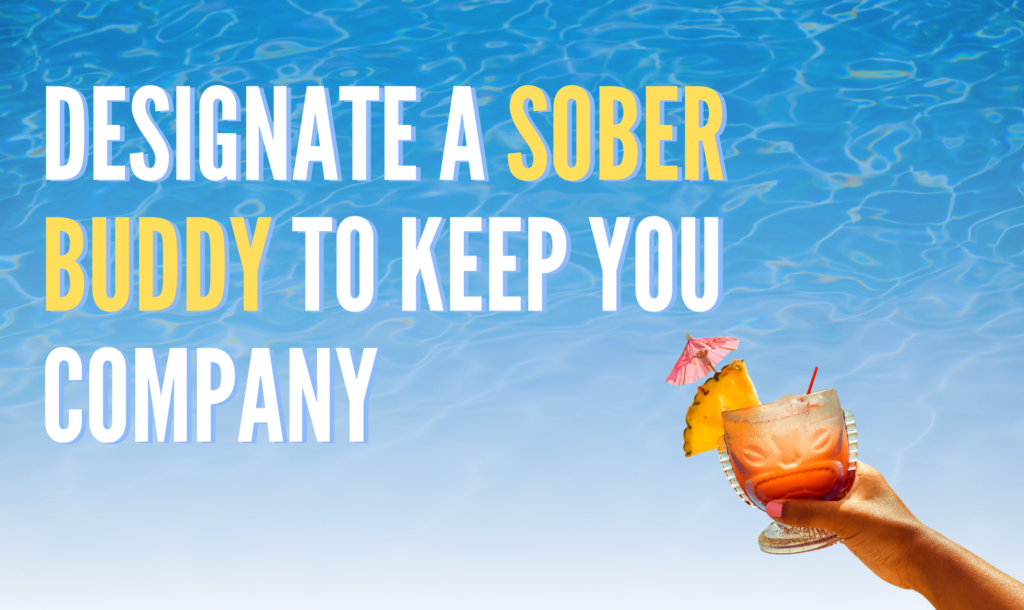
By following these tips, you can significantly reduce the risk of drowning and enjoy a safer experience. Being proactive can make all the difference in preventing accidents and ensuring that everyone stays safe. Check out our other summer safety blogs here
